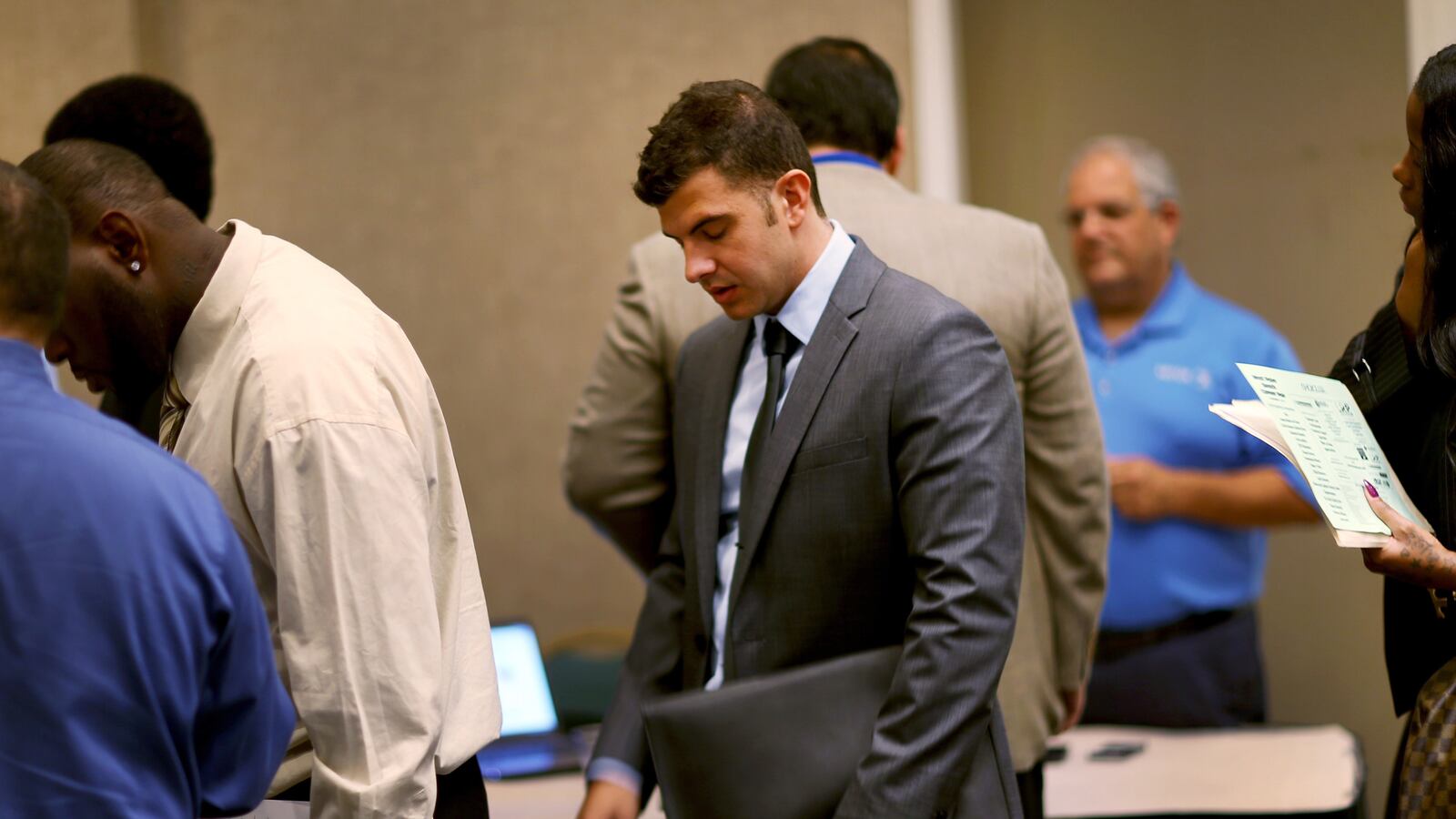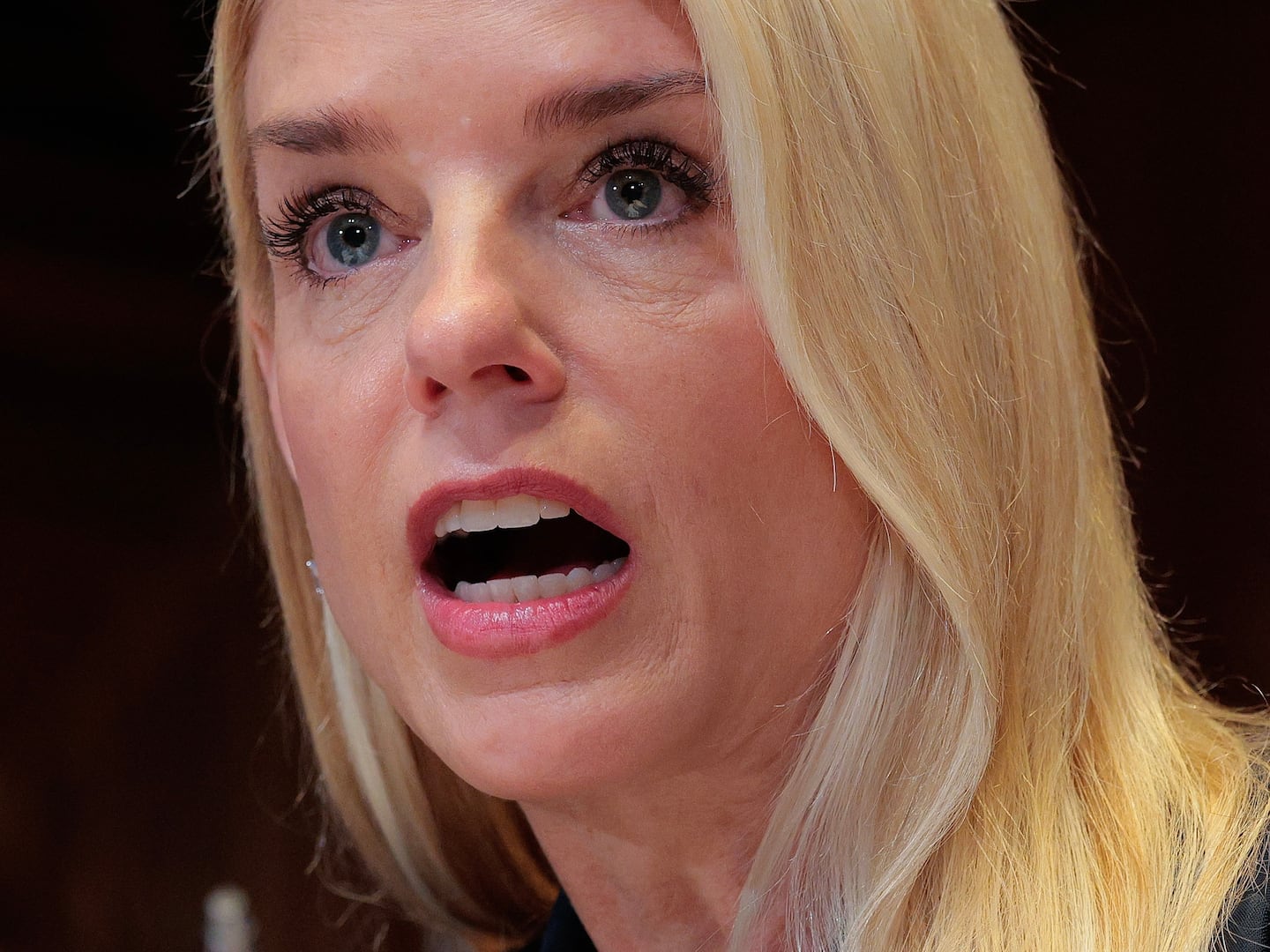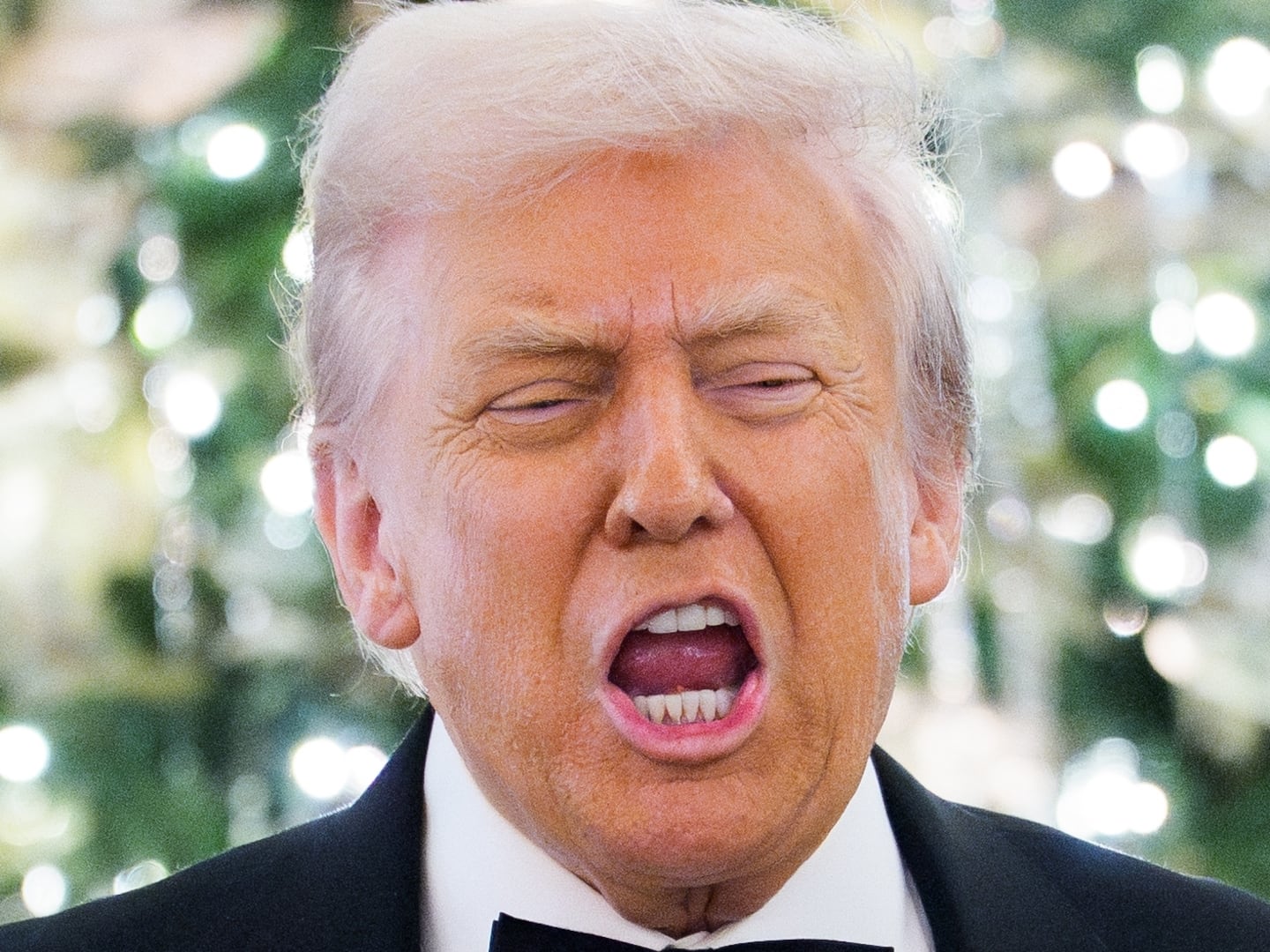
The latest jobs report was terrible, with only 74,000 new jobs created in December. Now, it is true that this is an estimate, and will be revised in the next few months, as the government collects more information on the economy. But that’s no reason for optimism; even if you ignore the headline number, you’re still left with a litter of bad news.
The biggest thing is the drop in labor force participation: 347,000 people left the workforce in December, putting the participation rate 62.8 percent, the lowest since February 1978. Overall, in the year from December 2012 to December 2013, 2.9 million people dropped out of the labor force, compared to the 1.4 million who found jobs. Some of these are early retirements, others are students, and a large portion are people who just couldn’t find work. If we had this level of employment at a labor force participation rate of a year ago, the unemployment rate would stand at an abysmal 7.9 percent.
This is important. To many in Washington—and Republicans in particular—the problem with the economy is that workers aren’t prepared enough; they don’t have the right skills, or education, or both. For instance, his annual State of American Business keynote, earlier this week, Chamber of Commerce president Tom Donahue argued as much, emphasizing education as the solution for persistent joblessness, “Where is the political courage to really challenge the status quo in our educational establishment?”, he asked.
Likewise, Republican proposals for helping the poor or the long-term unemployed are focused on the workers themselves. If we could create more skills with job training programs, or lower the cost of workers by cutting taxes or holding down minimum wages, then we could make a dent in joblessness.
If this jobs report says anything, it’s that this isn’t true. With three applicants for every opening, there just isn’t enough work in the economy. Indeed, to end mass unemployment and chronic joblessness, we need to focus on the underlying problem: Our demand shortfall. And to do that, we need aggressive action from the Federal Reserve, and a new round of stimulus from Congress.
Yes, Republicans control the House, and have a stated aversion to government action to fix the short-term economy. But there’s nothing about conservatism that makes it incompatible with fiscal or monetary stimulus. All it takes is a genuine belief that the economy needs fixing, and judging from GOP actions, it’s not clear that they’re on board with that project.





